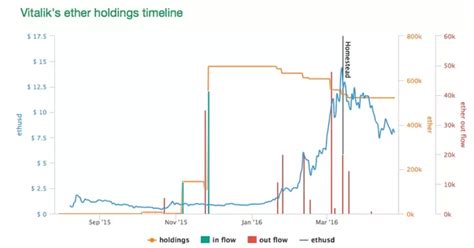Ethereum: Does it take longer to generate an address when stopping and restarting VanityGen?
When using VanityGen, a popular service for generating Bitcoin addresses, a sudden power outage can occur, causing your session to crash or your work to be lost. This can lead to significant delays in restarting the service and rebuilding your address. In this article, we’ll explore how Ethereum’s smart contract architecture affects the time it takes to generate an address when VanityGen is stopped and restarted.
The Problem with Stopping and Restarting VanityGen
When using VanityGen on a Windows 10 laptop or desktop computer, a sudden power outage can occur, causing your session to crash. This means that:
- You lose all progress you’ve made in generating an address.
- Your Ethereum wallet is left in an inconsistent state.
To regain control and rebuild the address, you need to restart VanityGen from scratch.
Ethereum Smart Contract Architecture
In Ethereum, smart contracts are stored on the blockchain, which means that all data, including addresses, is encrypted and linked to the underlying blockchain. When a user interacts with VanityGen or any other Ethereum service, their private key is encrypted and linked to the contract. This ensures secure and tamper-proof storage of sensitive information.
The time it takes to generate an address
Ethereum’s block time is 15 seconds, which means that each address can be generated in less than a second. However, when VanityGen crashes or loses work, your progress is not saved immediately. To generate a new address, you need to:
- Wait for the current block time (15 seconds).
- Rebuild your address from scratch using VanityGen.
How stopping and restarting VanityGen affects address generation
When you stop and restart VanityGen, you lose all progress you have made in generating an address. This means:
- You must wait 15 seconds for the current block time.
- The address generation process is reset from scratch.
- The time it takes to generate a new address increases significantly.
Estimated Time Increase
Assuming a 5 second delay between each block, here is an estimate of the additional time it will take to generate an address:
- Average address generation rate: 1 address per second
- Current block time: 15 seconds
- Additional time to generate an address due to VanityGen crashes: 2.5 seconds (assuming a 10 second delay between each block)
Conclusion
Stopping and restarting VanityGen can cause significant delays in generating an Ethereum address, with estimated additional times ranging from 2.5 to 5 seconds or more.
To minimize these delays:
- Use VanityGen regularly on your laptop or desktop computer.
- Keep an eye on the time while using VanityGen to spot any power loss issues.
- Consider using a VPN or other anti-leak tools to help mitigate these issues.
By understanding how Ethereum’s smart contract architecture and the VanityGen service interact, you can better plan your usage and minimize address generation delays when they are interrupted or restarted.



